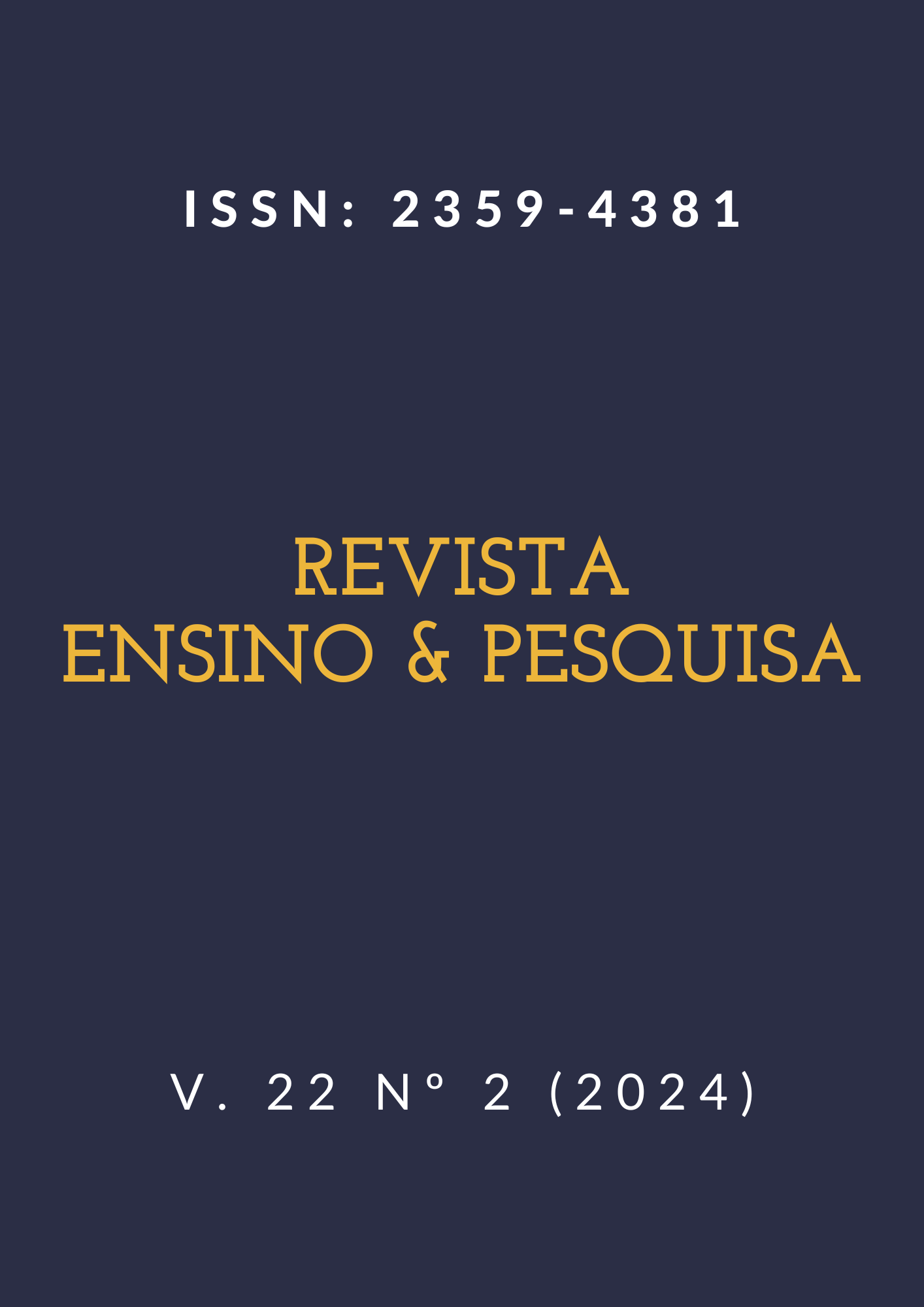Projeto de Ensino WebBio: Contribuições de um Website Educacional para a aprendizagem em Biologia
DOI:
https://doi.org/10.33871/23594381.2024.22.2.8499Resumo
Ambientes virtuais de aprendizagem, blogs e sites hospedam diversos recursos digitais que podem ser potencialmente importantes nos processos educativos. Este estudo teve como objetivo investigar as contribuições de um website específico para a aprendizagem em Biologia. Desenvolvemos o website WebBio como parte de um projeto de ensino com duração de seis meses. Construímos os dados da pesquisa por meio de um questionário em formulário Google. Dez estudantes do 3º ano do Ensino Médio e Técnico Integrado participaram da pesquisa realizada no IFTM - campus Uberaba Parque Tecnológico. A análise do corpus empírico teve uma abordagem qualitativa usando análise de conteúdo. Os resultados indicam que os websites educacionais podem desempenhar um papel significativo no processo ensino-aprendizagem por possibilitar interações e o compartilhamento dinâmico de informações. Vídeos, atividades e podcasts apresentam grande potencial educativo e, quando combinados com um design eficiente, facilidade de acesso, navegação e organização das informações podem manter a motivação, o interesse e o engajamento dos estudantes. Para os participantes da pesquisa, os vídeos vinculados a exercícios foram os recursos do site mais utilizados em seus estudos. O site se revelou uma ferramenta substancial para a revisão de conteúdo. Assim, esta proposta sugere que os websites podem ser instrumentos relevantes de auxílio aos estudos, oferecendo alternativas que possibilitam um aprendizado mais agradável e efetivo.

